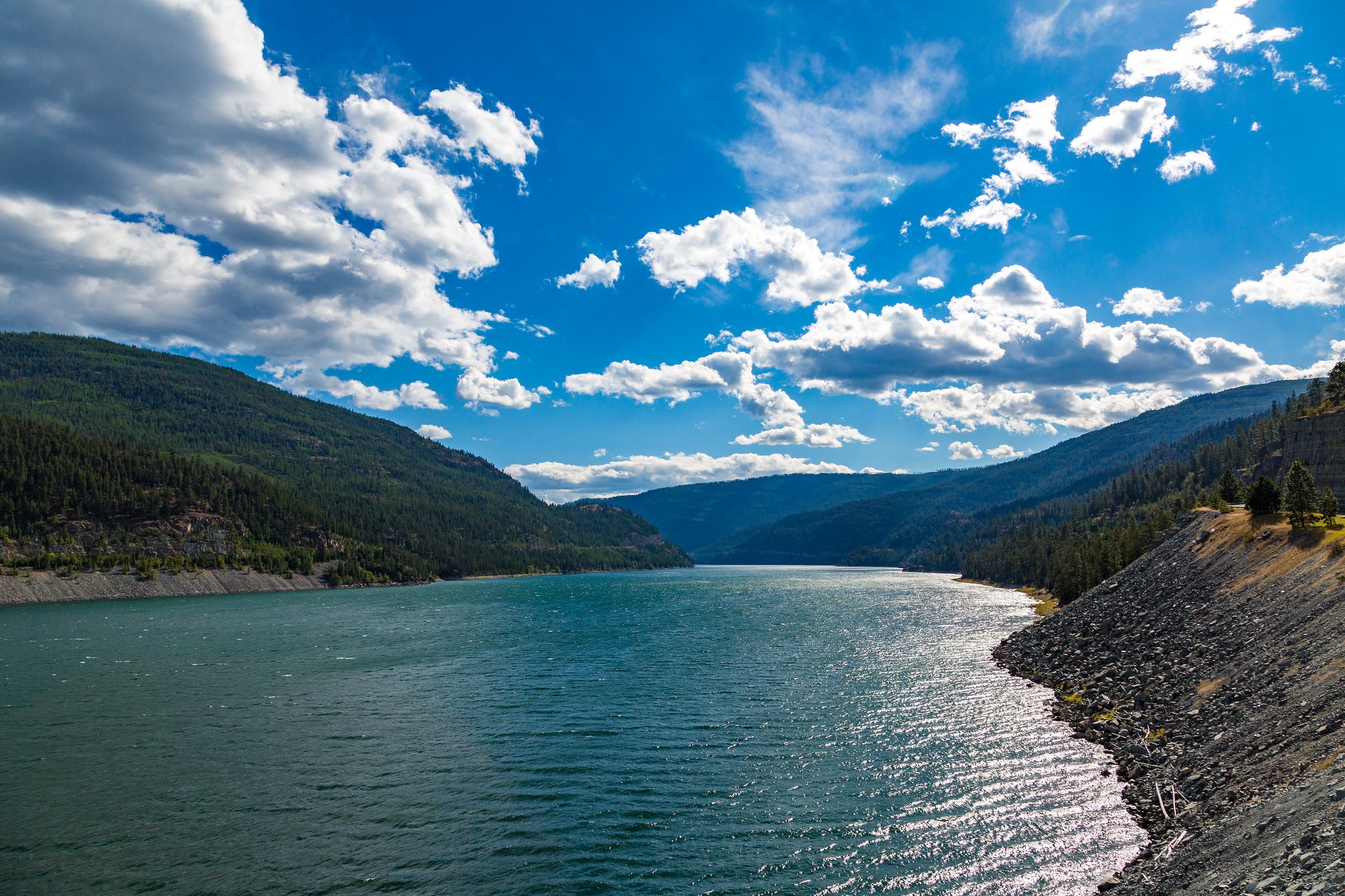The Ktunaxa Nation has condemned Prime Minister Justin Trudeau for hosting the United Nations Biodiversity Conference while ignoring pollution caused by open-pit mining in the Elk Valley.
“Canada’s role as host to the United Nations Biodiversity Conference this week underscores the country’s hypocrisy in refusing to honour the Ktunaxa Nation’s request to join them in a reference to the International Joint Commission to address the mining impacts in the Kootenay(i) River,” said Ktunaxa Nation officials.
The letter was penned by the six Ktunaxa governments of Yaq̓it ʔa·knuqⱡi’it [Tobacco Plains]; ʔakisq̓nuk̓ [Windermere]; Yaqan Nuʔkiy [Lower Kootenay Band]; ʔaq̓am [Cranbrook]; Kupawiȼq̓nuk [Ksanka Band, Confederated Salish and Kootenai Tribes]; and ʔaq̓anqmi [Kootenai Tribe of Idaho].
Kathryn Teneese, chair of the Ktunaxa Nation Council, hopes the letter will push the two country’s governments to make a referral to the International Joint Commission (IJC).
“This is something we have been discussing for quite some time, and we felt we needed to issue a reminder and get it clearly on the record by way of written correspondence,” said Teneese.
The letter also serves as a reminder of the Canadian government’s commitments outlined in the Boundary Waters Treaty and the United Nations Declaration on the Rights of Indigenous People.
2022 marks the 10-year anniversary of the Nation’s unanswered request that Canada joins them and the United States in their referral to the IJC.
They urge the Canadian and U.S. governments to take the issue seriously, as mining pollution has impacted environments and waterways on both sides of the border.
“Over a century of mountaintop removal mining has laid waste to the traditional territory of the Ktunaxa Nation, contaminating the transboundary Kootenay(i) River and fish that depend on it, and delivering mine pollution hundreds of kilometres downstream, into Montana, Idaho and into the Columbia River watershed, as it flows back into Canada,” said the Ktunaxa Nation.
Teneese highlights the extent of the environmental impact of the Elk Valley’s mining operations.
“Entire watersheds have been filled in with waste rock where the industry blasts the mountain, extracts the coal and piles the leftover rock in an adjacent valley,” explained Teneese.
“This has been done throughout the valley and the province first acknowledged concern around selenium concentrations in the late ‘90s. The amount of waste rock has tripled since then.”
Waste rock from mining operations can leech selenium into the surrounding environment and waterways.
Selenium is an essential micronutrient which is typically found in rocks, however Health Canada said anything over 200 micrograms per day can pose a risk to your health.
According to a study from the U.S. Geological Survey published in 2020, selenium levels have been seen as high as 2.5 parts per billion in Lake Koocanusa
The study notes that the safe limit is around one part per billion.
The impacts of selenium pollution can be seen in the local fish population, where Wildsight officials said trout have been seen with birth defects, while others may fail to hatch from their eggs entirely.
According to a study from the scientific journal Ecotoxicology and Environmental Safety, high selenium concentrations in fish have been shown to cause scoliosis and head, mouth, and fin deformities, among other ailments.
The Ktunaxa Nation Council said the lack of government action has shown their true colours.
“Both governments have been saying the right things, particularly around the UN Declaration, in terms of dealing with the minimum standards that were set out by the UN about how to deal with Indigenous People’s issues,” said Teneese.
“To say that you’re accepting this international declaration as a way forward, then you go and do something different; it gives us cause for concern in terms of their commitment in whether or not they believe what they’re saying,” explained Tenneese.
Additionally, the Ktunaxa Nation revealed a series of correspondence between mining giants and the provincial and federal governments they say shows a level of collaboration against furthering environmental protection.
“Insult was added to injury when recent Freedom of Information requests revealed collusion across the mining industry, the province of British Columbia and Trudeau’s government; all aimed at defeating the Ktunaxa Nation’s request for an International Joint Commission reference, excluding them from decision-making, and preventing an objective and transparent process to address this legacy mining issue,” said the Ktunaxa Nation.
The details of this discovery will be covered in a future story.
Teneese said the Nation will keep up the pressure on B.C. and Canada to put more effort into getting pollution levels under control.
“I would hope that both levels of government would ensure they’re doing the right thing,” said Teneese. “We can’t pre-determine what the results of the IJC would be, but at least having someone separate from the current parties to come up with an assessment would hopefully help determine a course of action.”
Teneese said environmental protection is important to both Ktunaxa culture and ensuring the longevity of the planet.
“We feel, in our worldview, that everything is connected and we have a responsibility and a role to protect and steward all living things,” said Teneese. “The mines are going to finish their production, but if we don’t do something, the fallout is going to be the responsibility of many generations to come.”
You can read the full letter below.
More: Ktunaxa Nation’s letter to the Canadian and U.S. governments




